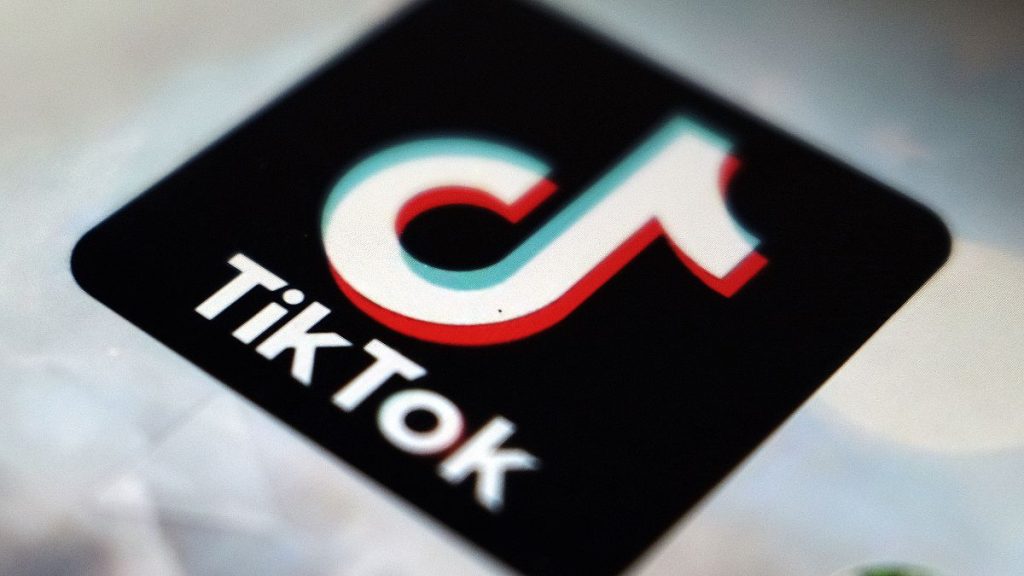The Albanian government’s decision to impose a year-long ban on TikTok, the popular video-sharing platform, has sparked controversy and ignited a debate about the platform’s impact on youth, freedom of expression, and the government’s role in regulating online content. Prime Minister Edi Rama justified the ban by citing a rise in incidents of violence and bullying among young people, allegedly linked to the platform. This claim followed a tragic incident where a teenager was fatally stabbed after a quarrel purportedly originating on a social media platform, though TikTok denies any involvement. The government’s decision, reportedly supported by a majority of parents and teachers consulted, aims to protect Albanian children from the perceived negative influences of the platform.
The ban, set to commence in the new year, has faced strong opposition from TikTok users and critics who view it as an infringement on freedom of speech and an overreach of government power. Young TikTok users in Albania have voiced their disapproval, emphasizing the platform’s role in entertainment, self-expression, and sharing daily experiences. They argue that the ban unfairly deprives them of a positive outlet and that the platform itself is not responsible for interpersonal conflicts. This sentiment is echoed by political opponents who accuse the government of using the ban as an electoral tactic, exploiting public concern to suppress freedoms ahead of upcoming parliamentary elections.
The government maintains that the decision, while prompted by the recent stabbing incident, is not a knee-jerk reaction but a carefully considered response to widespread concern among parents and educators about the negative impact of TikTok on children. Rama asserts that Albanian children, who constitute the largest user group of TikTok in the country, are particularly vulnerable to harmful content promoting hatred, violence, and bullying. He insists that the ban is necessary to protect children from the “unending hell” of such content, arguing that Albania is too small a market to compel TikTok to alter its algorithms.
TikTok has responded to the ban by requesting clarification from the Albanian government, emphasizing their investigation into the stabbing incident found no connection to their platform. They claim that the quarrel leading to the tragedy originated on a different platform altogether. Despite this, Rama stands firm on the ban, framing it as a protective measure for Albanian children. He insists that either TikTok needs to take responsibility for protecting Albanian children or Albania will be forced to protect its children from the platform. This stance underscores the escalating tension between the Albanian government and the social media giant.
Beyond the immediate controversy, the ban raises broader questions about the role of government in regulating online content and protecting children from potentially harmful influences. Albania’s decision follows a trend among several European countries, including France, Germany, and Belgium, which have implemented restrictions on children’s access to social media. Australia has taken even more drastic measures, outright banning social media for youngsters under 16. These developments reflect a growing global concern about the impact of social media on young people’s mental health and well-being.
The Albanian government has implemented additional protective measures in schools, including increased police presence, training programs, and closer cooperation with parents, to address the underlying issues of violence and bullying. Authorities plan to monitor the international response to the TikTok ban, as well as the company’s reaction, before deciding on the platform’s future in Albania. This situation highlights the ongoing challenge of balancing freedom of expression with the need to protect vulnerable populations from online harms. The debate ultimately revolves around the question of who bears the responsibility for safeguarding children in the digital age: the social media platforms, the government, or a combination of both?














